There are certain known trends in voter demographics that consistently recur each election cycle – evangelical Protestants typically vote Republican and the Jewish population and black Protestants usually vote Democratic. But the Catholic vote is different from these in that the majority of Catholics do not consistently identify with one party.
Michael Fleet, a Marquette professor of political science, said the concept of a unified “Catholic vote” is largely a myth.
Fleet said he believes the Catholic vote mirrors the average American vote, meaning that like all Americans, Catholic voters are split fairly evenly between the Republican Party and the Democratic Party.
In 2008, 49 percent of white Catholic voters affiliated themselves with the Democratic Party, while 41 percent said they aligned themselves with Republicans, according to a Sept. 17, 2012 Pew Research Center poll. Four years later, the numbers have nearly flipped, and half of white Catholic voters identify themselves with the Republican Party, while 41 percent said they identify with the Democratic Party.
The Hispanic Catholic population is substantially more liberal – 63 percent identify with the Democratic Party, while 28 percent lean toward the GOP.
Catholics, like average Americans, are divided on too many issues to be harnessed effectively as a voting bloc, Fleet said. Both political parties have platforms that resonate and conflict with Catholic teachings and beliefs.
The Republican Party’s emphasis on family values is consistent with the Catholic Church’s stances on abortion, gay marriage and contraception. On the other hand, the Democratic Party’s stance on social justice issues and the treatment of the poor aligns with the Church’s “preferential option for the poor” theology.
Fleet said the individual voter’s personal sentiment, not the Church, likely dictates voting trends among Catholics. He also projected that the Catholic vote will split along gender lines, with women leaning more Democratic and men leaning more Republican.
Of all registered voters who lean or identify with the Republican Party, 21 percent are Catholic. In the Democratic Party, of all those registered voters who identify with the party, 18 percent are Catholic.
When sorting through political issues, the Rev. Douglas Leondhardt, associate director of the Office of Mission and Identity, advises Catholic voters to turn to the Church for help and guidance.
However, despite its Catholic affiliation and Jesuit traditions, Marquette remains an objective party in the 2012 elections. As a non-profit organization, Marquette cannot and will not endorse a particular party or candidate for “any level of office,” said Rana Altenburg, the university’s vice president for public affairs.
Altenburg said one of the university’s biggest concerns in this election is how student financial aid will be affected. Approximately 90 percent of Marquette students receive financial aid. She said the Office of Public Affairs actively advocates for and contacts members of Congress on behalf of students.
“We must work with whomever is elected to office,” Altenburg said in an email. “We do not consider higher education to be a partisan issue.”
Altenburg said one of the biggest policy issues for all higher education institutions resulted from the Budget Control Act, which President Obama signed into law in August 2011. The act established cuts on both non-defense and defense-related discretionary spending to reduce the nation’s deficit. It also created a bipartisan super committee – the Congressional Joint Select Committee on Deficit, which was supposed to reach an agreement on budget cuts.
However, this super committee failed to reach an agreement on how to cut spending, resulting in mandated “across-the-board” cuts in all discretionary programs. These cuts, also known as sequestration, will begin on Jan. 2, 2013 and will result in an 8.2 percent reduction in non-exempt non-defense discretionary funding, according to a Sept. 14, 2012 report issued by the White House Office of Management and Budget. These cuts can potentially affect federal aid programs, Altenburg said. Pell Grants are exempt from these cuts for the 2013 fiscal year, but not for 2014.
Unless Congress reaches a new agreement on distributing these budget cuts, federal aid programs for students are at risk of being disposed of, Altenburg said.
Despite its neutral stance in the 2012 elections, the university hopes to foster a “nurturing” atmosphere of dialogue for campaign issues.
“In regards to the role a university community plays in preparation for an election, we think it is critical that we encourage our faculty and students to participate in intellectual discussion, debate and investigation,” said Kate Venne, director of university communication, in an email. “This is how we all grow in our rich Catholic and Jesuit tradition. It is so important that we constantly seek understanding of multiple points of view.”

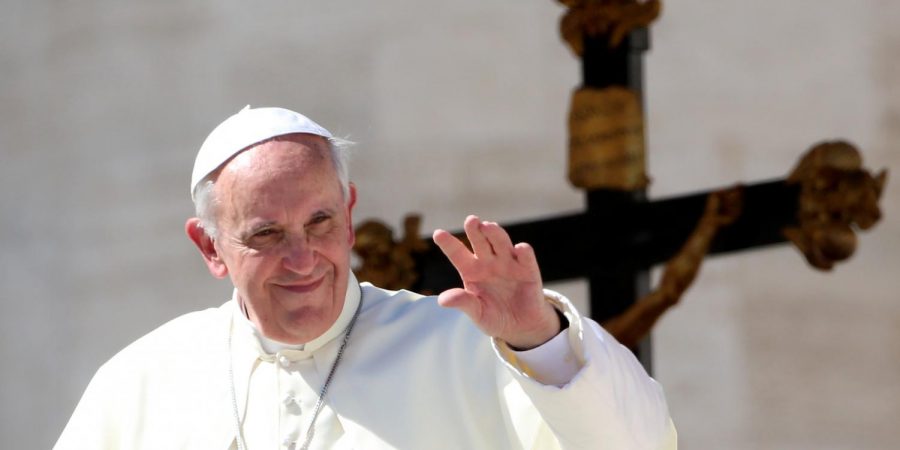

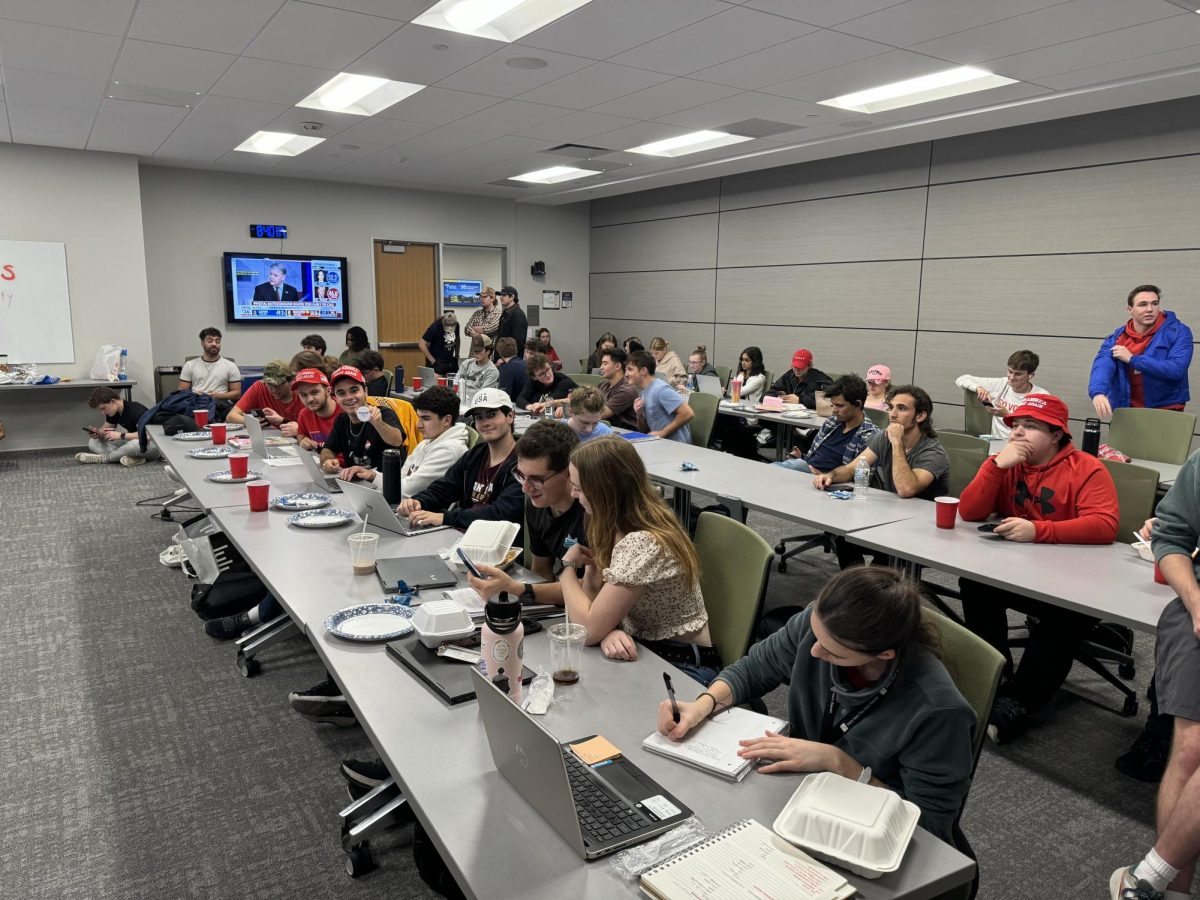
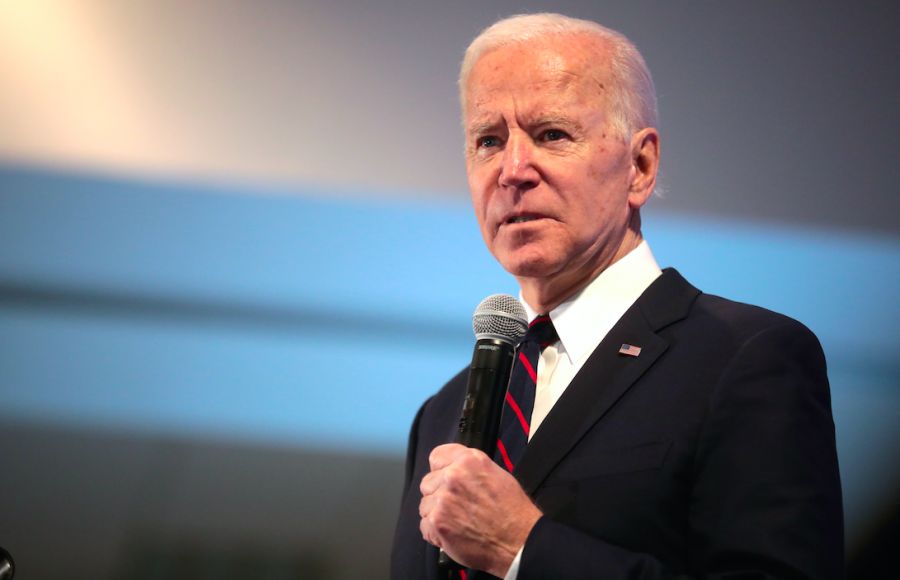

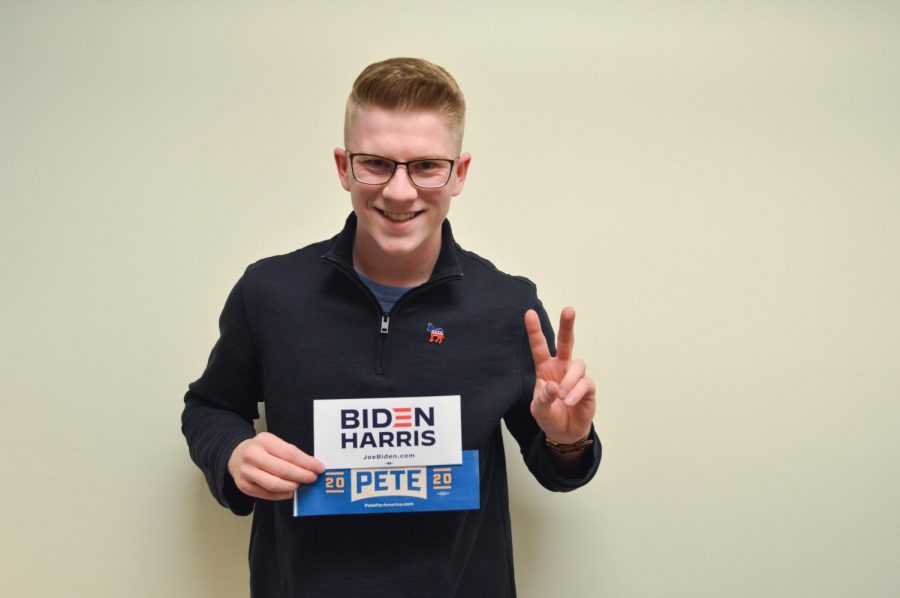
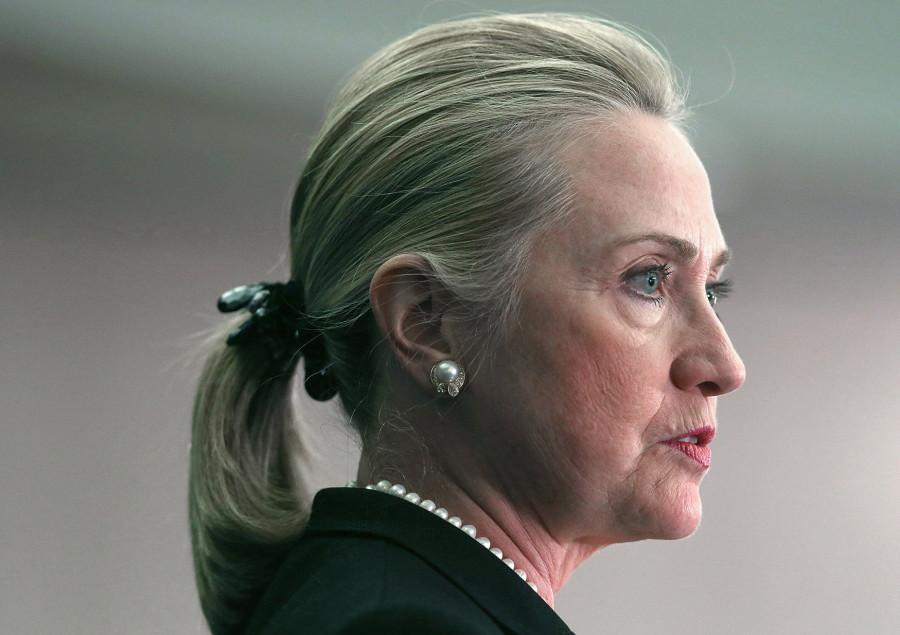
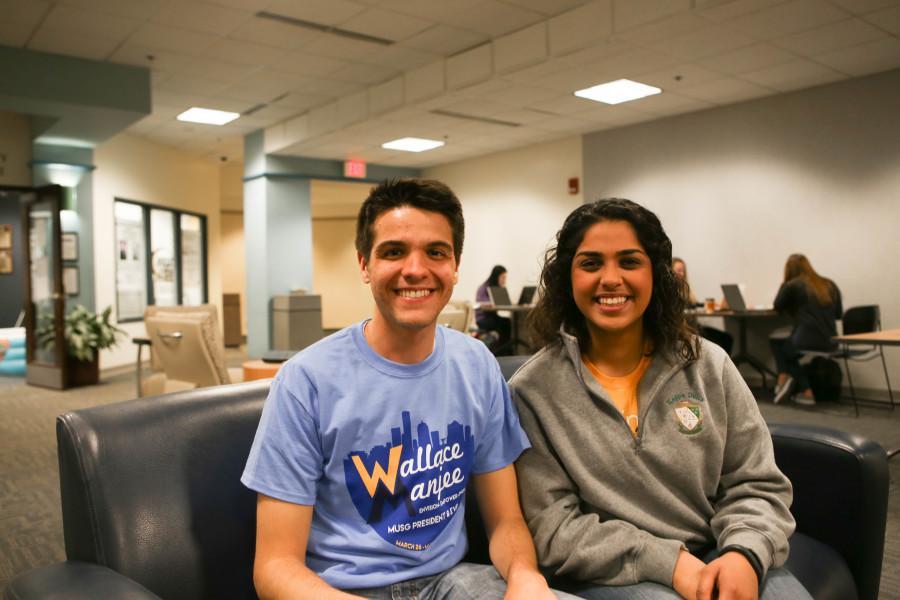

Jerre • Sep 29, 2012 at 7:39 am
Absolute poppycock. Catholic vote.org has endorsed ROmney-Ryan. There is no wayo they will advocate voting for Obama. Those polls are skewed.
Jerre • Sep 29, 2012 at 7:39 am
Absolute poppycock. Catholic vote.org has endorsed ROmney-Ryan. There is no wayo they will advocate voting for Obama. Those polls are skewed.